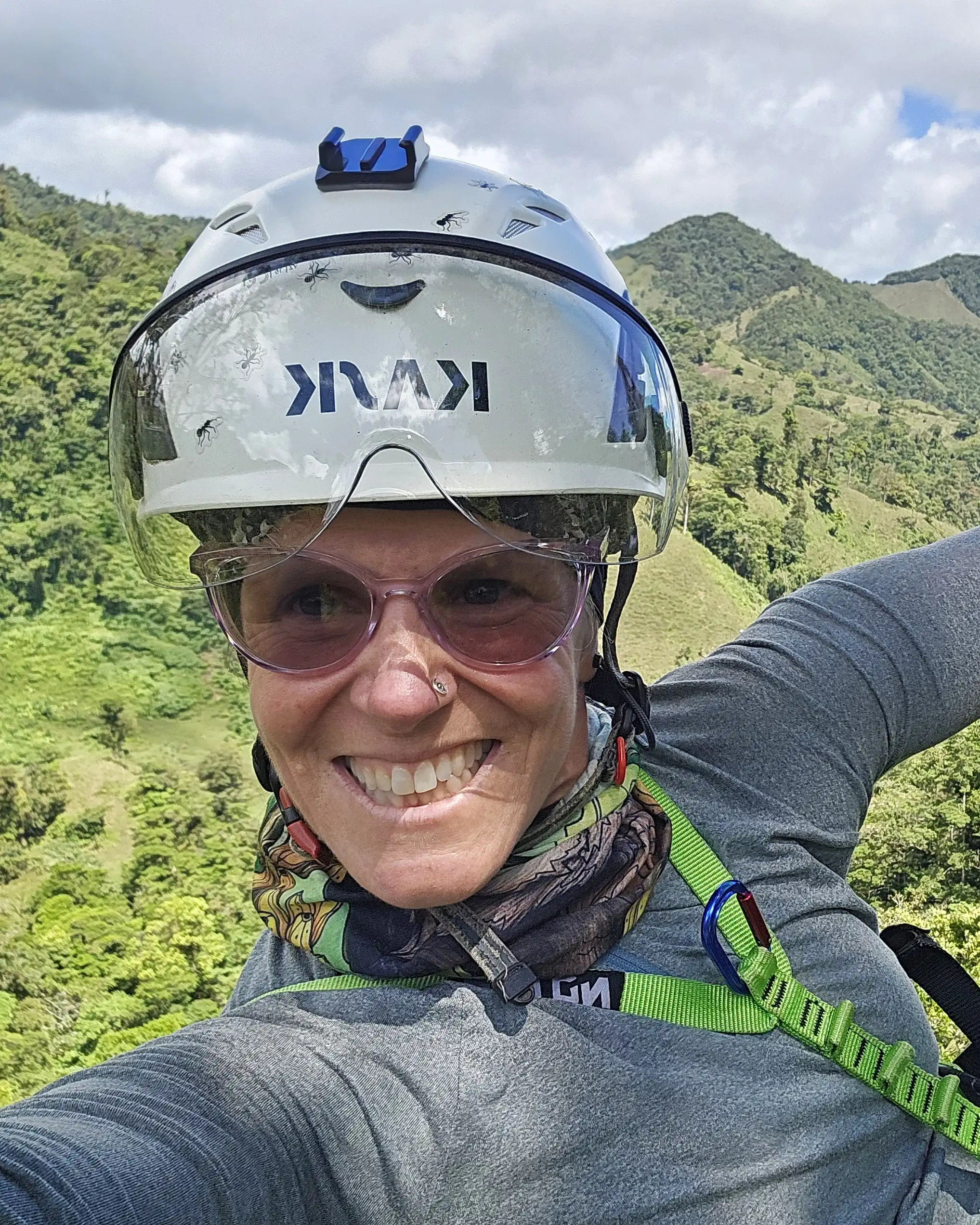Sybil Gotsch

Last Revised: Aug 25th, 2025
Professional Biography
Research in the Gotsch lab lies at the interface between ecohydrology, plant physiology and ecosystem ecology. We study the water relations of plant communities and are interested in understanding how climate change will impact plant community structure and ecosystem function. Our group is currently conducting research on the physiological mechanisms that confer success and failure in response to drought and we then build upon those research findings to understand how potential changes in water use or community structure will affect the hydrologic cycle. The majority of our research efforts to date have been focused on understanding how decreases in water availability will affect the structure and function of Tropical Montane Cloud Forests of Central and South America. Starting in the summer of 2023, our lab group will expand our research efforts to address these types of questions in the forests of Central and Southern Appalachia.
We are currently recruiting undergraduate and graduate students to join our lab. If you are interested, please reach out!
Course Instruction
Term(s) Taught: Fall
Term(s) Taught: Fall
